New PRRS research focuses on targeting viral entry into cells
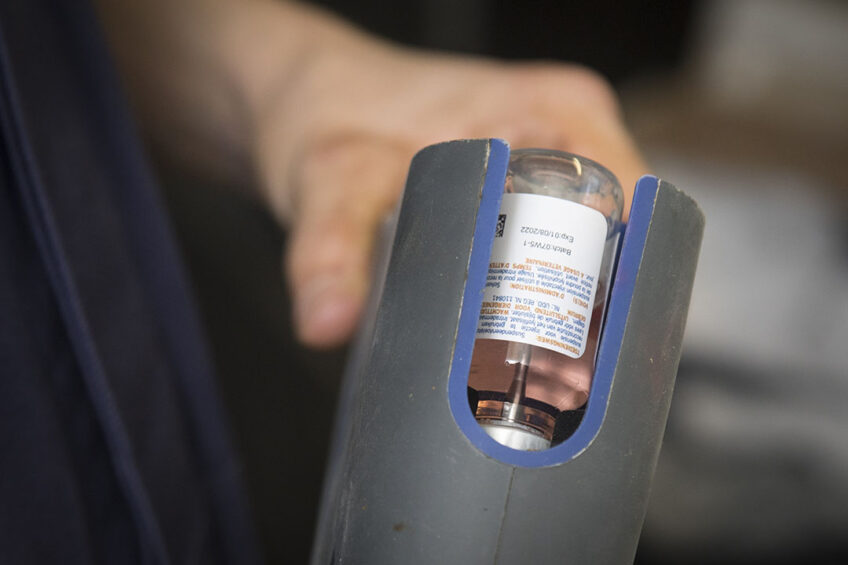
Scientists at the University of Connecticut used Artificial Intelligence (AI) to screen 4 million small molecules for their potential efficacy against PRRS viruses.
The software found a molecule that appears to have a 100% success rate in preventing the virus from infecting cells, even at small doses. That result is based on lab tests. In vivo tests in pigs are underway.
How it works
The molecule theoretically prevents infection with PRRS by binding to proteins on cells that act like ‘gates’ through which the virus enters, according to Dr Jiaqi Zhu, lead author on the published study. Team member Dr Cindy Tian explains, however, that this molecule does not provide the same long-term protection against the virus that an effective vaccine could. Vaccines against PRRS exist, but the PRRS virus mutates frequently, which reduces vaccine effectiveness.
Like most drugs, the molecule would be processed by the pig liver. However, the molecule would be useful in the event of PRRS outbreaks to prevent further spread of the virus to healthy pigs or to neighbouring farms.
There is also some potential for the virus to mutate, so that the molecule has no effect. However, Tian notes that now that they have a system to identify molecules, they should be able to produce alternatives quite quickly if needed. The AI software has already identified 96 similar molecules that could be used to create new versions of the drug.
Other PRRS research
In July, Boehringer Ingelheim Animal Health announced 2023 recipients for the Growing Research and New Technology for Swine (GRANTS) programme. 3 scientists will receive $ 35,000 US each to do PRRS research on risk factors, diagnostics and RNA virus stabilisation strategies. The recipients hail from Iowa State University and the Swine Vet Center in Minnesota.
A US-based firm called Acceligen recently started breeding gene-edited pigs that are resistant to PRRS. These pigs are gene-edited to lack a protein on their cell surfaces that, when present, enables virus entry. Gene editing is a suitable application to use in cases where a single gene is involved; in this case, knocking out a single gene for the production of this surface protein appears to prevent PRRS infection altogether.
 Beheer
Beheer

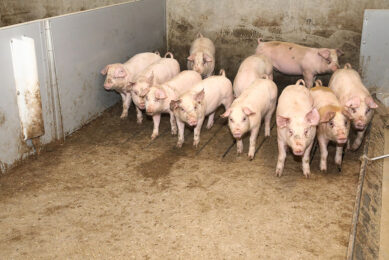
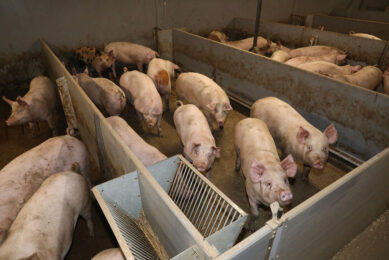
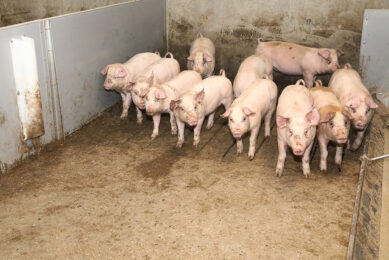
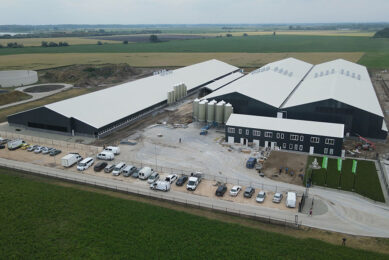



 WP Admin
WP Admin  Bewerk bericht
Bewerk bericht